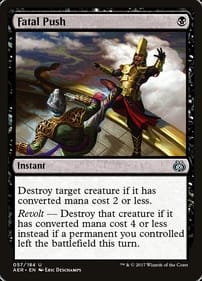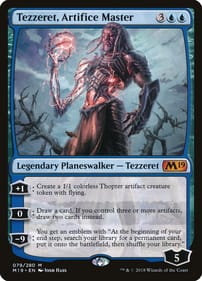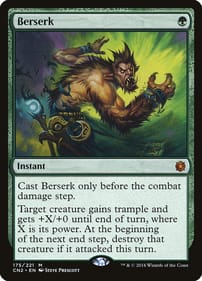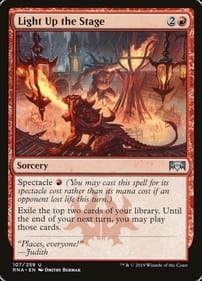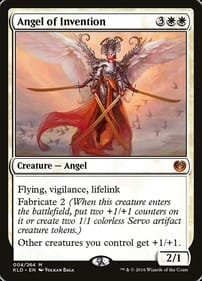This Tintin Adventure is Required Eclipse Reading
By Dan BrownOne more thing before we all move on from last week’s solar eclipse.Folks here in Southwestern Ontario can keep this in mind for the next time, decades hence, the sun is blotted out from the sky.I don’t know how you prepared for the momentous event, but yes, my wife and I got some ISO-approved shaded glasses to observe the afternoon show in the heavens. Maybe you did the same.But I also re-read a graphic novel from my youth a couple days prior to the celestial coincidence.It was the Tintin adventure Prisoners of the Sun.What does a European cartoon story that was originally published in serial form in the 1940s, then translated into English in 1962, have to tell us about eclipses now and in the future? I’ll explain.You no doubt noticed the media frenzy in the days leading up to the eclipse. (I especially appreciated those media outlets, like CBS News, who dubbed it a “total eclipse of the heartland,” in tribute to the Bonnie Tyler song.)A strange thought nagged at me as the day approached: Haven’t I seen this all before?It’s true I was alive during the eclipse visible from our region in 1979, but all I recall of that day was the collective freakout by grownups, which meant the heavy curtains in our classroom at Valleyview School were drawn to block the view. You could only watch it with some kind of gizmo fashioned out of a shoebox. I opted out.Then it clicked: Tintin, the boy reporter, he caused an eclipse!So I got the relevant collection off my shelf and checked to make sure my memories were accurate. In his time, Tintin has tracked the abominable snowman, plumbed shipwrecks in a mini-submarine, ventured to the moon, and been rescued by a flying saucer – as a fellow journalist, I am definitely jealous of his exploits!If you haven’t read it, Prisoners of the Sun is the second part of a story that begins in The Seven Crystal Balls. I would have read it in the late 1970s, early 1980s.The intrepid reporter, accompanied by his dog Snowy and the alcoholic sea dog Captain Haddock, travels to South America to rescue Professor Calculus, who has been kidnapped by unknown bad guys.Tintin is captured by a secret community of Incas who live in a hidden valley. For trespassing, he and his friends are sentenced to be burned to death but, in a display of mercy, the Inca prince allows Tintin to choose the timing of his bonfire execution in the coming days.Reading an old scrap of newspaper in his cell, Tintin has a brainwave. Although his companions are unaware of its implications, Tintin has an oddly specific time in mind.The day and hour he has specified comes around. Tintin, Haddock and Calculus are tied to three posts on top of a wooden platform. Using a magnifying glass to catch the sun’s rays, his captors set out to light up the logs beneath them.That’s when Tintin implores the heavens, “O magnificent Sun, if it is thy will that we should live, show us now a sign.” On cue, a blackness starts to slowly creep across the face of the sun: Tintin has tricked the Incas into believing he controls the sun itself, and he and his companions are spared!Now, I realize Tintin books have been criticized in recent years for their colonial mentality, and I get where those concerns come from.But going over Prisoners of the Sun to prep for the eclipse last week reminded me of all the reasons I fell in love with those books in the first place: They are imaginative adventure stories that offer lots of action and laughs, starring compelling characters.And here’s the really odd part: Even though the message of that particular graphic novel is that science beats primitive superstitions, in the closing pages of Prisoners of the Sun we discover magic – in the form of voodoo – is real. It actually works in Tintin’s world.So the message isn’t as simple as, the Incas are uncivilized because they don’t understand how the world works according to scientific principles. It’s more complex than that. Despite what you might think from the eclipse passage, Tintin author Herge affirms rationalism only to a point.Having just lived through another eclipse, I get it: Science may be the best method we have for understanding the universe around us, but there are some mysteries it has yet to unlock. I’m confident we’ll get there one day.Dan Brown has covered pop culture for more than 31 years as a journalist and also moderates L.A. Mood’s monthly graphic-novel group.



